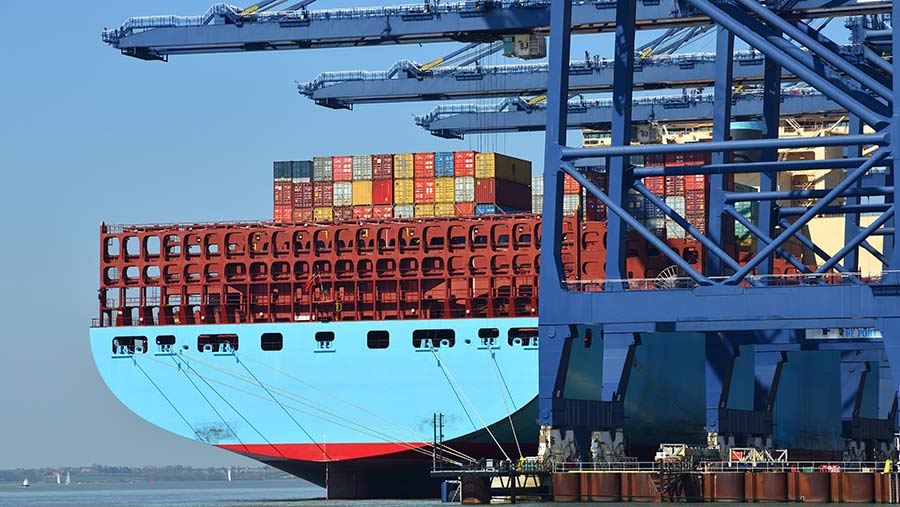FW Opinion: Farming’s key questions for the next PM
 © Charlequin9/Adobe Stock
© Charlequin9/Adobe Stock It has been a terrible week to be a mad dog or an Englishman as the mercury in the thermometer ascends to ever greater heights.
Farmers are getting up in the hours of darkness to cut the first rapeseed crops of 2022 rather than toil in the midday sun, but there has been no respite from the political heat for Tory leadership candidates and their advisers.
They are sweating their way through increased scrutiny of their previous votes, future intentions and their finances as they scamper from one hastily arranged speech to another.
There will doubtless be many developments between the time I pen this on Wednesday 13 July and you read it on Friday, so it would be fruitless to speculate about who is going to emerge victorious
See also: FW Opinion: Something for everyone in Welsh policy update
But, after plonking themselves in the chair recently vacated by Boris Johnson, and issuing an order for the carpets to be thoroughly cleaned, whoever wins will face the same questions on food, farming and the environment.
First will be: Are you going to maintain the current plans for the UK to reach net zero by 2050? At a reception for green lobby groups and Conservative MPs this week there was significant concern among some attendees that this policy could be watered down, despite the pledges being enshrined in law.
Even if environmental issues are not raised significantly during the campaign, the new leader will come under pressure to quickly indicate whether they are minded to give full-throated support to this cross-government agenda or not.
This is the foundation that farm policy is being built on, so anyone choosing to give it a wobble could plunge the future of Environmental Land Management and devolved agri-environment schemes into yet more uncertainty.
Second key question: How much protection will you give to farming when pursuing future trade deals?
Many in our industry have been appalled that negotiators allowed food produced to a lower standard to cross our borders in post-Brexit trade deals. With more still to be inked, this issue could rise sharply back up the agenda before the next election.
The setting of red lines in trade negotiations comes right from the top.
With Mr Johnson having overseen generous deals with Australia and New Zealand, it will be hard for the next PM to raise standards in future – even if he or she wanted to. Indeed, pressure may be brought to bear to allow even more cheaply produced food into the country if it is perceived as helping tackle the cost-of-living crisis.
Third: How will you respond to prolonged protests that target the food industry?
The result of the Conservative Party leadership election is set to be announced on 5 September. An early test of leadership for the new PM may be how to respond to a prolonged blockade of key assets in the dairy industry.
Animal Rebellion, the advocacy group that last year shut down London’s Smithfield Market and Arla’s Aylesbury plant, has revealed it is planning to disrupt supplies of milk to supermarkets throughout that month with blockades and mass trespass.
If these plans come to pass, good leadership will be recognising the legitimate right to peaceful protest in this country while also holding the police and others to account to ensure that disruption is kept to a minimum.
But until the next leader emerges, I’ll be trying (and mostly failing) to avoid the endless twists, turns and empty rhetoric emanating from Westminster.
There’s enough hot air coming through the window without it.

